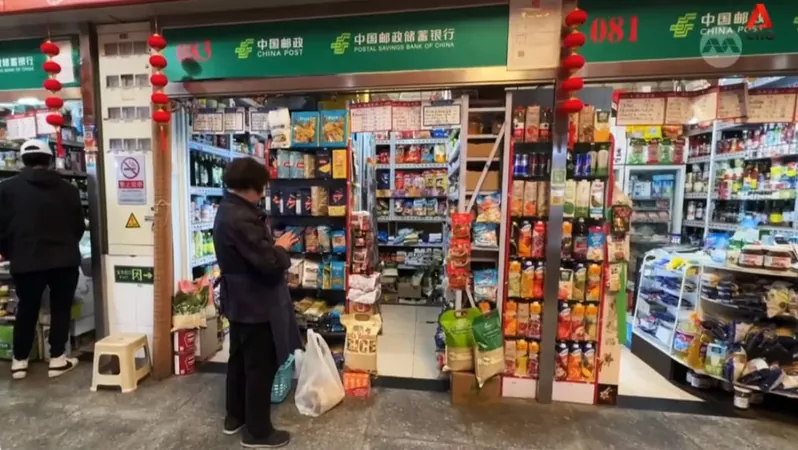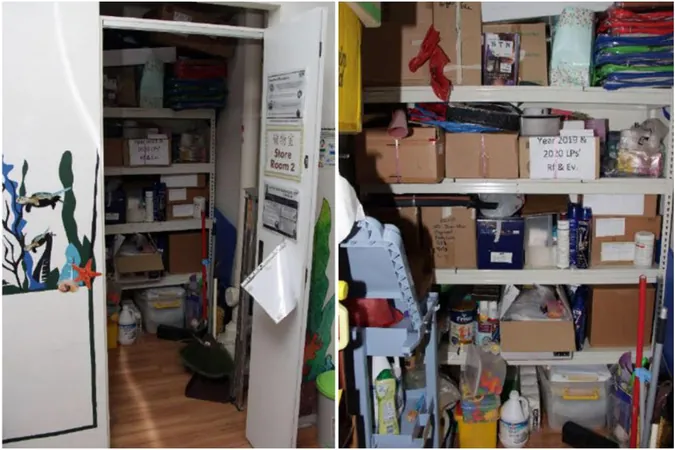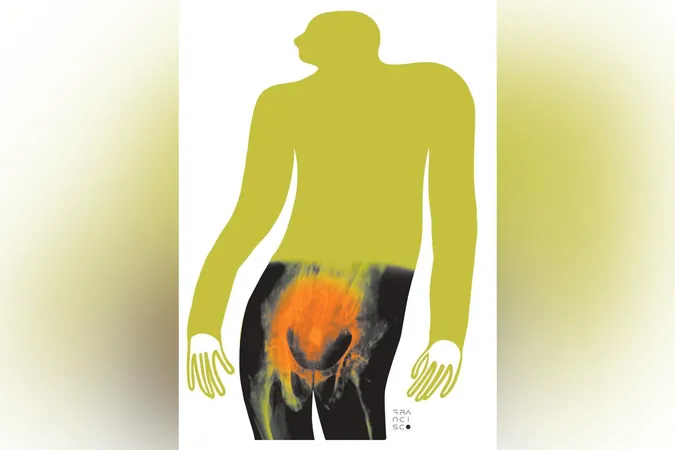
Small Businesses in China Brace for US Tariff Storm: Are They Ready?
2025-04-18
Author: Ming
As a brewing trade war looms, small business owners in China are scrambling to rethink their import strategies and manage escalating costs. The stakes are high as they prepare for the fallout from unprecedented tariffs imposed by the United States.
US President Donald Trump has implemented a staggering 145% tax on Chinese goods, labeling it a necessary move to balance trade deficits. China has retaliated with a hefty 125% levy on imports from the US, setting the stage for a tit-for-tat economic clash that is sending shockwaves through the market.
Concerns are mounting among Chinese businesses that rely on American products, as soaring import costs threaten their bottom line. Many fear that these increases will deter customers from purchasing higher-priced items, leading to a sharp decline in earnings.
Meng Kaidong, a bar owner in Beijing, expressed worries about the impact on consumer spending. "Their spending power will go down," he said, noting that customers accustomed to spending over 200 yuan ($27) may now only part with around 100 yuan.
With American whiskeys on his menu, Meng plans to reduce his imports once current supplies run out, opting instead for European and local brands that are set to hit the market soon. Despite these challenges, he remains optimistic, citing the resilience of Chinese industries.
The effects of the tariff clash are unmistakable at Beijing’s Sanyuanli market, a hub for imported goods catering to expatriates. Store owner Peng Binglan is feeling the pinch, noting that her supplier has stopped replenishing US flour, a staple in her business. "If things keep going like this, many of us won't survive," she lamented.
Navigating Uncertain Waters
Before the tariffs struck, China’s economy already faced numerous structural hurdles. Though the country achieved a 5% growth rate this year, consumer confidence remains shaky amid ongoing housing crises and rising unemployment.
The tightened US tariffs spell trouble for Chinese exporters too, prompting many to explore alternative markets to cushion the impact. Economist Yue Su points out that Europe and Japan are crucial players capable of absorbing China's surplus consumer goods.
With a focus on strengthening trade ties, Chinese President Xi Jinping recently welcomed Spanish Prime Minister Pedro Sanchez, urging cooperation against "tariff bullying" and calling for enhanced multilateralism.
As China seeks to bolster its economy in the face of a tense global climate, the future landscape for small businesses hangs in the balance. Will they adapt successfully to the new reality, or will the tariff storm take a heavy toll?



 Brasil (PT)
Brasil (PT)
 Canada (EN)
Canada (EN)
 Chile (ES)
Chile (ES)
 Česko (CS)
Česko (CS)
 대한민국 (KO)
대한민국 (KO)
 España (ES)
España (ES)
 France (FR)
France (FR)
 Hong Kong (EN)
Hong Kong (EN)
 Italia (IT)
Italia (IT)
 日本 (JA)
日本 (JA)
 Magyarország (HU)
Magyarország (HU)
 Norge (NO)
Norge (NO)
 Polska (PL)
Polska (PL)
 Schweiz (DE)
Schweiz (DE)
 Singapore (EN)
Singapore (EN)
 Sverige (SV)
Sverige (SV)
 Suomi (FI)
Suomi (FI)
 Türkiye (TR)
Türkiye (TR)
 الإمارات العربية المتحدة (AR)
الإمارات العربية المتحدة (AR)